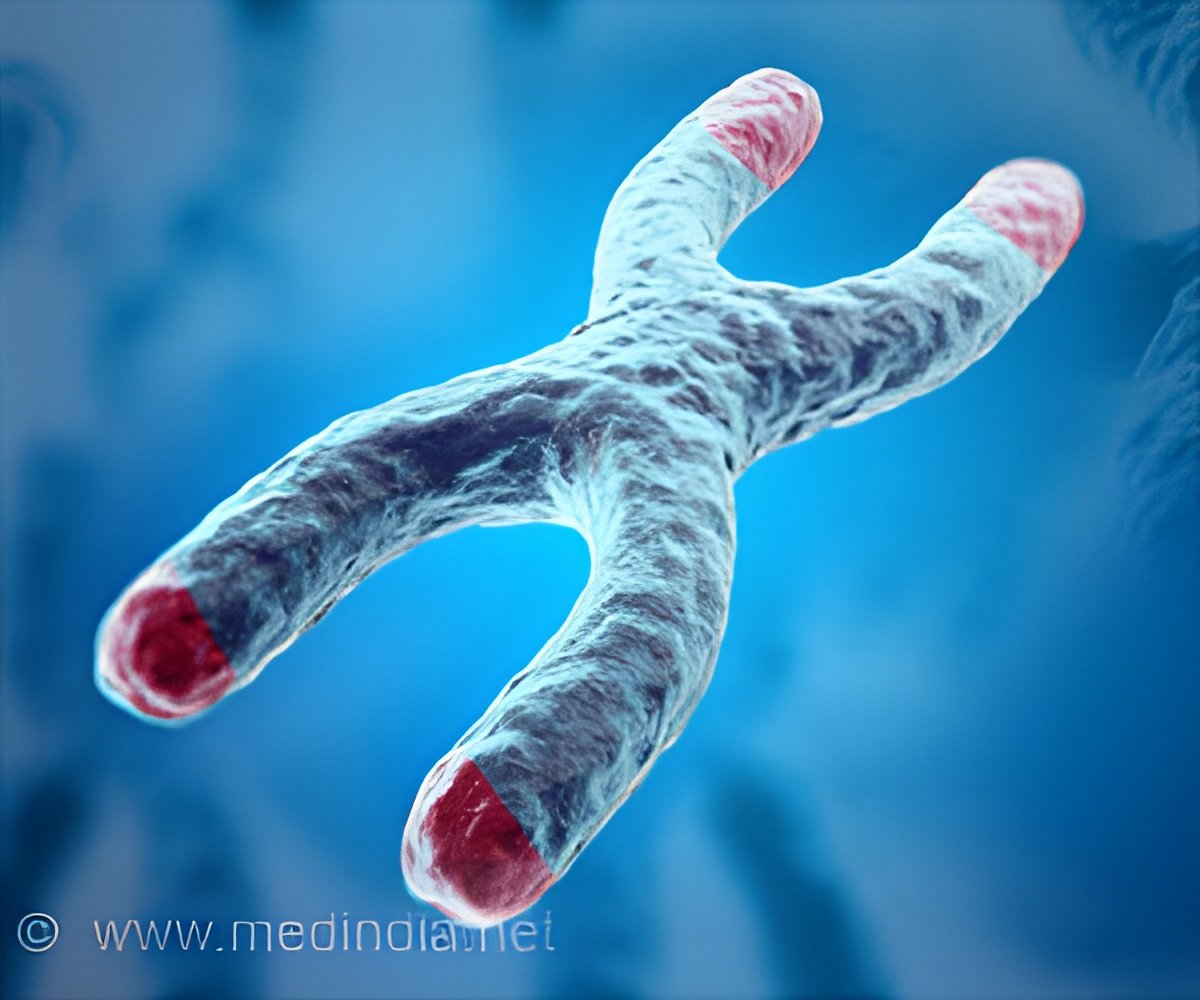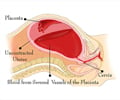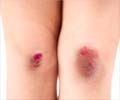Researchers have identified several genetic mutations that appear to be associated with a reduced risk for postpartum hemorrhage.

‘Researchers have identified several genetic mutations that appear to be associated with a reduced risk for postpartum hemorrhage.’





Previous research has suggested genetics may play a role in the risk of bleeding after childbirth, called postpartum hemorrhage, but specific genes associated with the risk have not been identified. "This research suggests there may be biological mechanisms that are protective," said Vesela Kovacheva, M.D., Ph.D., lead author of the study and an assistant professor of anesthesiology at Harvard Medical School, Boston. "After further research, we may be able to design drugs that target these pathways to prevent or help treat postpartum hemorrhage."
Drawing from the UK Biobank, an independent nonprofit initiative of more than 500,000 people, the researchers compared DNA in 1,424 women who had postpartum hemorrhage to 4,272 women who had an uncomplicated childbirth. They identified five genetic mutations that were associated with the risk for postpartum hemorrhage. The common theme in all of these mutations is that they are found near genes associated with the immune system.
The research adds to the growing evidence that the immune system plays a role in a normal pregnancy and delivery. Once the genes that have been identified in the study are verified, women could eventually be screened to determine their risk for postpartum hemorrhage, Dr. Kovacheva said.
"These newly identified mutations - or differences in the structure of the DNA - may decrease the risk for hemorrhage, but we do not know why," said Dr. Kovacheva. "We don't know if the exact genes identified are involved or if those mutations affect other genes. Our next step is to study them further to learn more about how they work."
Advertisement












